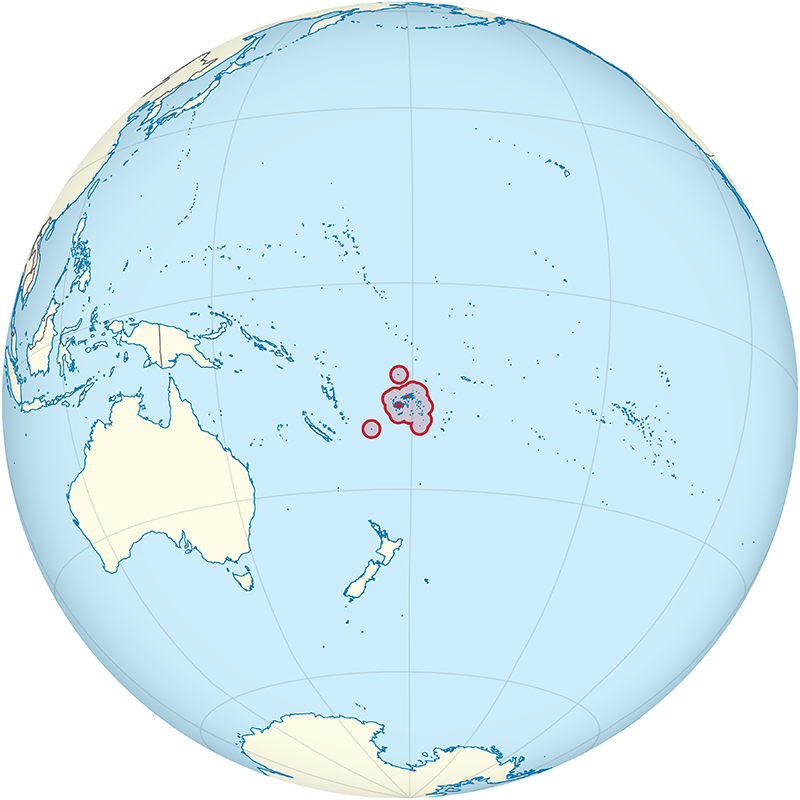Fiji
Melanesia

(Download current filtered dataset)
| Title▲▼ | Population▲▼ | Bibles▲▼ | Resources▲▼ |
|---|---|---|---|
| FijianNa vosa vaka-Viti | 634,000 | 3 | 18 |
| Fiji Hindiफ़िजी बातFiji Baat | 194,000 | 1 | 6 |
| Western FijianFiji | 88,000 | 5 | |
| Tamilதமிழ் | 77,430 | 10 | 293 |
| Teluguతెలుగు | 33,310 | 6 | 42 |
| English | 29,470 | 243 | 359 |
| Bhojpuriभोजपुरी | 26,700 | 4 | 30 |
| Gujaratiગુજરાતી | 24,580 | 4 | 27 |
| Bengaliবাংলা | 22,440 | 17 | 164 |
| LauanLau | 21,500 | ||
| Panjabiਪੰਜਾਬੀ | 9,000 | 7 | 89 |
| RotumanFäeag Rotuma | 8,300 | 1 | 1 |
| PijinNeo-Solomonic | 7,200 | 1 | 35 |
| GilberteseKiribati | 6,600 | 5 | 8 |
| Mandarin Chinese官话; 官話; Guānhuà | 5,500 | 46 | 104 |
| Urduاُردُو | 4,500 | 13 | 81 |
| Lomaiviti | 1,790 | ||
| Namosi-Naitasiri-SeruaNamosi-Naitaasiri-Seerua | 1,730 | ||
| Tonga (Tonga Islands)lea faka-Tonga | 1,350 | 5 | 8 |
| SamoanGagana faʻa Sāmoa | 1,260 | 2 | 2 |
| WallisianFaka | 890 | 1 | |
| Gone DauGonedau | 800 | ||
| TuvaluTe Ggana Tuuvalu | 530 | 2 | 1 |
1
-
23
/
23
| Title | Population | Bibles | Resources |
|---|---|---|---|
| Fijian | 634000 | 3 | 18 |
| Fiji Hindi | 194000 | 1 | 6 |
| Western Fijian | 88000 | 0 | 5 |
| Tamil | 77430 | 10 | 293 |
| Telugu | 33310 | 6 | 42 |
| English | 29470 | 243 | 359 |
| Bhojpuri | 26700 | 4 | 30 |
| Gujarati | 24580 | 4 | 27 |
| Bengali | 22440 | 17 | 164 |
| Lauan | 21500 | 0 | 0 |
| Panjabi | 9000 | 7 | 89 |
| Rotuman | 8300 | 1 | 1 |
| Pijin | 7200 | 1 | 35 |
| Gilbertese | 6600 | 5 | 8 |
| Mandarin Chinese | 5500 | 46 | 104 |
| Urdu | 4500 | 13 | 81 |
| Lomaiviti | 1790 | 0 | 0 |
| Namosi-Naitasiri-Serua | 1730 | 0 | 0 |
| Tonga (Tonga Islands) | 1350 | 5 | 8 |
| Samoan | 1260 | 2 | 2 |
| Wallisian | 890 | 1 | 0 |
| Gone Dau | 800 | 0 | 0 |
| Tuvalu | 530 | 2 | 1 |





